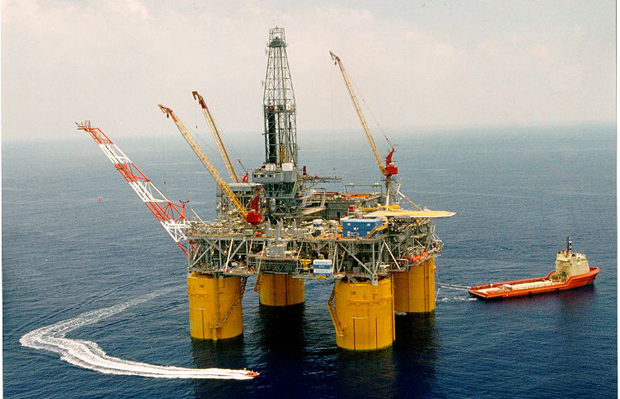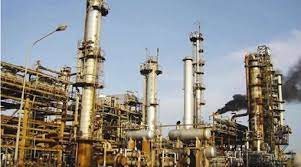Nigeria’s crude oil production, including condensate, increased by 255,710 barrels to reach 1.8 million barrels per day in October, up from 1.54 million barrels per day in September 2024, marking a 16.56percent month-on-month rise.
Chief Executive, Nigerian Upstream Petroleum Regulatory Commission (NUPRC), Gbenga Komolafe, disclosed this at the 42nd Nigerian Association of Petroleum Explorationists (NAPE) Annual International Conference & Exhibition, in Lagos.
Represented by Executive Commissioner for Development and Production at NUPRC, Enorense Amadasu, noted that efforts are underway to further boost production to 2 million barrels per day by December 2024.
Highlighting the theme of the conference, “Resolving the Nigerian Energy Trilemma: Energy Security, Sustainable Growth and Affordability”, Komolafe referenced the NUPRC’s third anniversary following the enactment of the Petroleum Industry Act (PIA).
The Commission, he said, is committed to expanding Nigeria’s oil production capacity by an additional one million barrels per day.
According to Komolafe, regulatory certainty under the PIA has enabled the Commission to develop 25 regulations and guidelines, with 17 already gazette, while others are in advanced stages of completion.
“The regulations are expected to stimulate upstream exploration and reinforce energy security. “Establishing regulatory certainty is central to our action plans for 2024, with new regulatory frameworks set for release by January,” he said.
He also outlined the NUPRC’s transparent approach to upstream asset divestment, which has seen four divestments, and six transactions receive ministerial consent and approval in the past quarter.
He dismissed media reports suggesting international oil companies (IOCs) is exiting Nigeria, saying the industry is experiencing portfolio realignment rather than an exodus.
“Divestment allows for fresh investments and increased local participation in the upstream sector.
“NUPRC is confident that new asset holders will drive optimal value creation, bolstering energy security and sustainability.
“Under Section 70 of the PIA, the NUPRC has initiated a licensing round for 31 oil and gas fields across Nigeria’s onshore basins, continental shelf, and deep offshore areas,” the CCE said.
Komolafe further described this effort as pivotal for boosting national reserves and stimulating economic growth, emphasising the fair, competitive, and transparent nature of the process, anchored in the PIA’s legal framework that ensures equal opportunities for both indigenous and international investors.
“We aim to maximise resource utilisation, expand reserves, and prepare the industry to adapt to both market demands and the global energy transition,” Komolafe said.
The NUPRC, he added, is committed to ensuring adequate crude oil supply to domestic refineries under fair commercial terms, in line with PIA provisions.
To this end, the Commission has issued guidelines to streamline and clarify this process.
“We will continue to implement the PIA, fostering collaboration across industry stakeholders to secure domestic energy availability, affordability, and security, in alignment with our mandate under the Act,” he said.





